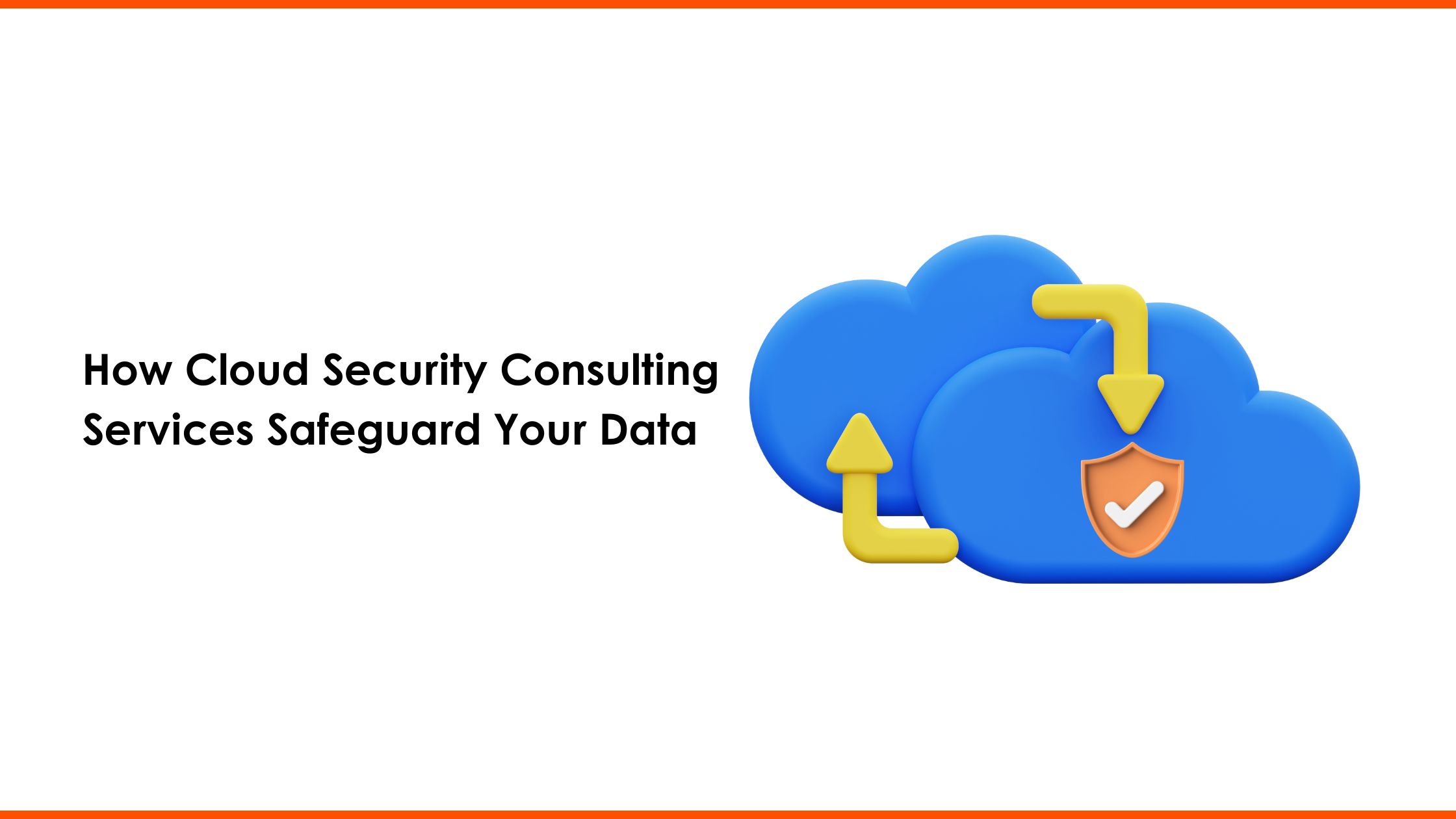How Cloud Security Consulting Services Safeguard Your Data

Strong 8k brings an ultra-HD IPTV experience to your living room and your pocket.
In an era where data breaches and cyberattacks are increasingly common, safeguarding your business data has never been more critical. Cloud security consulting services offer specialized expertise and advanced tools to protect your data from unauthorized access, corruption, and loss. This blog delves into how cloud security consulting services safeguard your data, ensuring its integrity, confidentiality, and availability.
Comprehensive Data Protection Strategies
Cloud security consulting services employ a multi-layered approach to data protection, encompassing various strategies and technologies to defend against a wide range of threats.
1. Data Encryption
Encryption is a fundamental aspect of data security, ensuring that sensitive information remains unreadable to unauthorized users.
At-Rest Encryption: Protects data stored in the cloud by converting it into an unreadable format that can only be accessed with the correct decryption key.
In-Transit Encryption: Secures data as it travels between your business and the cloud provider, preventing interception by malicious actors.
2. Access Controls
Implementing strict access controls is essential for ensuring that only authorized personnel can access sensitive data.
Role-Based Access Control (RBAC): Assigns permissions based on user roles, limiting data access to what is necessary for their job functions.
Multi-Factor Authentication (MFA): Adds an extra layer of security by requiring multiple forms of verification before granting access to data.
3. Data Loss Prevention (DLP)
DLP solutions help prevent accidental or intentional data leaks by monitoring and controlling data flows within your cloud environment.
Content Inspection: Analyzes data for sensitive information and enforces policies to prevent unauthorized sharing or transmission.
Endpoint Protection: Secures devices that access cloud data, ensuring that data remains protected even outside the main cloud infrastructure.
Advanced Threat Detection and Response
Cloud security consulting services utilize advanced technologies to detect and respond to threats in real-time, minimizing potential damage.
1. Intrusion Detection Systems (IDS)
IDS monitor network traffic for suspicious activities and potential threats, alerting security teams to take immediate action.
Behavioral Analysis: Identifies anomalies in user behavior that may indicate a security breach.
Signature-Based Detection: Uses predefined patterns to recognize known threats and take preventive measures.
2. Security Information and Event Management (SIEM)
SIEM systems aggregate and analyze data from various sources to provide comprehensive visibility into your cloud security posture.
Real-Time Monitoring: Continuously monitors security events and logs to detect and respond to threats promptly.
Incident Correlation: Connects related security incidents to identify broader attack patterns and vulnerabilities.
Compliance and Regulatory Adherence
Maintaining compliance with industry regulations is essential for avoiding legal penalties and building trust with customers. Cloud security consulting services ensure that your data protection practices align with relevant standards and regulations.
1. Regulatory Compliance Audits
Conduct regular audits to verify that your cloud security measures meet the requirements of regulations such as GDPR, HIPAA, and PCI-DSS.
Gap Analysis: Identify discrepancies between your current security practices and regulatory standards.
Remediation Plans: Develop and implement strategies to address identified gaps and achieve compliance.
2. Policy Development and Enforcement
Develop comprehensive security policies that outline data protection practices, access controls, and incident response procedures.
Policy Implementation: Ensure that security policies are effectively communicated and enforced across the organization.
Continuous Improvement: Regularly update policies to reflect changes in regulations and evolving security threats.
Data Backup and Disaster Recovery
Ensuring data availability and integrity during and after a disaster is crucial for business continuity. Cloud security consulting services help implement robust backup and disaster recovery solutions.
1. Automated Backups
Regularly scheduled backups ensure that your data is consistently protected and can be restored quickly in the event of data loss or corruption.
Incremental Backups: Save only the changes made since the last backup, optimizing storage usage and reducing backup times.
Redundant Storage: Store backups in multiple locations to safeguard against regional disasters and hardware failures.
2. Disaster Recovery Planning
Develop comprehensive disaster recovery plans that outline procedures for restoring data and resuming operations after a catastrophic event.
Recovery Time Objectives (RTO): Define the maximum acceptable downtime for critical systems and data.
Recovery Point Objectives (RPO): Determine the maximum acceptable amount of data loss measured in time.
Conclusion
Cloud security consulting services provide essential protections for your business data, ensuring its integrity, confidentiality, and availability. By implementing comprehensive data protection strategies, advanced threat detection and response mechanisms, regulatory compliance, and robust backup and disaster recovery plans, these services safeguard your data against a myriad of threats. Investing in cloud security consulting not only protects your valuable information but also enhances your business’s resilience and reputation in the digital landscape.
Note: IndiBlogHub features both user-submitted and editorial content. We do not verify third-party contributions. Read our Disclaimer and Privacy Policyfor details.







